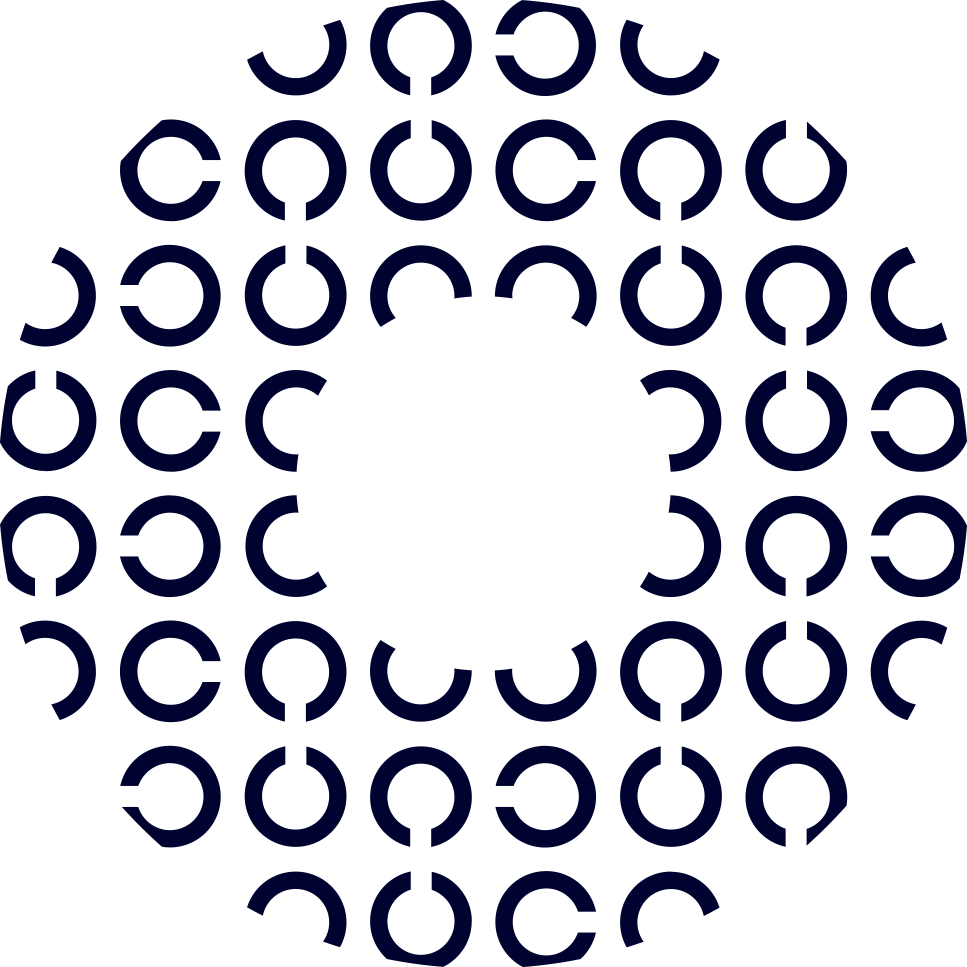- What is fixation dislocation?
- What is the cause of fixation dislocation?
- General symptoms of fixation dislocation
- Dyslexia and fixation disengagement
- Guidance for children with fixation dislocation
- Eye examination and advice
Do you have complaints or doubts about your vision?
Don't keep walking around with it. Contact one of the stores in your area by telephone and ask about the options.
What is fixation dislocation?
A common dysfunction caused by improper eye cooperation is fixation disengagement.
When you look at something, both eyes should look at the same point. If this is not done properly, you fixate (look) disparately (not properly). The brain cannot fuse the images from both eyes into a single image, causing vision to become unclear. This can cause blurred vision or restless behavior.
What is the cause of fixation dislocation?
Fixation disparity is an eye abnormality, but there is (often) nothing wrong with the eyes themselves. Due to fixation disparity, the eyes do not work together properly, binocular vision. In addition to sharp vision, it is important that the eyes work together well and correctly. With fixation disparity, the problem may partly lie in the cooperation of the eyes, but also in the processing by the brain. Often fixation dislocation occurs alone and has no clear, demonstrable cause.
General symptoms of fixation dislocation
-
Concentration and behavioral problems
-
Reversing numbers, letters or words
-
Slow spelling and guessing reading
-
Difficulties with reading comprehension
-
Skipping letters or words
-
Sloppy handwriting
-
Headache, fatigue, neck and/or back problems
-
Burning, itchy or watery eyes during visual exertion
-
Coordination problems (eye-hand)
If you notice one or more of the complaints mentioned above, it is useful to consider a standard eye test can be done at Oogwereld. If the visual complaints are the result of incorrect eye cooperation, a standard eye test is insufficient. In that case, an eye specialist for binocular vision (eye collaboration) should be consulted. Such a binocular examination can also be carried out at Oogwereld.
Dyslexia and fixation disengagement
Fixation dislocation can occur in combination with dyslexia. A child with fixation disparity often has symptoms associated with dyslexia. For example, children with dyslexia have more difficulty reading, spelling and writing than non-dyslexic children of the same age and intelligence level. Dyslexic people also absorb new information (sounds, words, text) more slowly than other people.
If the eyes are not functioning properly, the hearing sense automatically takes over part of the information perception. The hearing of children with fixation disparity is overstimulated, there is so much noise that they become distracted very quickly. Concentration or behavioral problems can also arise over time, out of frustration or as (emotional) compensatory behavior.
Because dyslexia is a disorder that never goes away, it is important to provide children with dyslexia with proper guidance and the right tools. Research has shown that this can limit any learning delay.
Guidance for children with fixation dislocation
In the Netherlands, teachers, internal supervisors, remedial teachers and any (para)medics at schools are very well trained and knowledgeable. In close collaboration with these professionals, we can guide children with, for example, fixation dislocation. A child will notice a huge difference when using good, tailor-made glasses. School performance improves, which also gives a child back the feeling of confidence, self-esteem and "ability". It is therefore very important that dyslexic children also have their eyes measured to rule out the possibility of a visual problem.
Eye examination and advice
The strictest requirements are imposed on an eye examination for fixation dislocation. Oogwereld works with a protocol to provide the right help. If an abnormality is found in the visual system, visual training and/or glasses are recommended if there are any complaints. If necessary, a referral will be made to an orthoptist or ophthalmologist. If examination shows that there is no eye abnormality, we will refer you to professional dyslexia centers.
We are ready for you
Contact one of the stores in your area by telephone and ask about the options.

